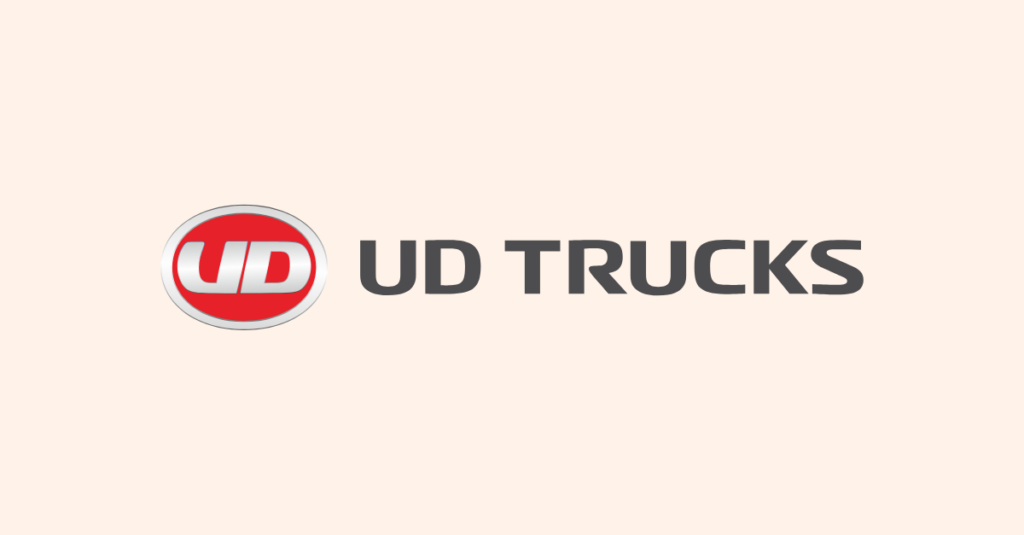Share this on:
What You'll Learn
The travel and leisure industry has always been about crafting memorable experiences.
Whether it’s a relaxing beachfront resort stay, a multi-country cruise, or a spontaneous weekend getaway, travelers today expect seamless service, instant personalization, and consistent support. Behind the scenes, however, the businesses that deliver these experiences often struggle with legacy systems, disconnected processes, and resource-heavy operations.
Enter Automation—a game-changing lever that is helping travel and leisure companies not only modernize their operations but also reimagine how experiences are delivered across every touchpoint. In an increasingly digital world, where travellers are more connected and informed than ever before, intelligent automation is becoming a strategic foundation for industry-wide transformation.
From Fragmented Workflows to Connected Journeys
Most travel providers—airlines, hotels, OTAs, cruises, and theme parks alike—rely on a complex mix of manual coordination, siloed departments, and aging IT systems. The outcome? Slower responsiveness, inconsistent guest experiences, and limited ability to scale innovations.
But the shift is happening fast. Enterprises are now building automation-first architectures that orchestrate workflows across the entire ecosystem—customer service, scheduling, vendor coordination, billing, property management, compliance, and beyond.
This transformation is not just about process automation—it’s about connecting the dots across the traveler lifecycle, using data, intelligence, and real-time decisioning to ensure that every journey—physical or digital—is frictionless, memorable, and efficient.
The Intelligence Layer: Modern Pillars of Automation
What sets modern automation apart is the convergence of technologies like AI/ML, RPA, Intelligent Document Processing, and Conversational AI—all underpinned by cloud-native orchestration platforms. Unlike traditional automation that focused on task-based efficiency, today’s intelligent systems bring adaptability, predictive power, and conversational understanding into business workflows.
RPA tools are eliminating repetitive tasks across finance, HR, and support functions. AI models are forecasting demand, recommending personalized experiences, and dynamically adjusting pricing based on behavior and context.
Document intelligence is helping automate identity verification, partner onboarding, and reconciliation workflows. Meanwhile, voice and chat-based interfaces are transforming how customers interact with brands—providing 24/7 support that learns and evolves.
By layering these capabilities together and integrating them through cloud-native APIs and data platforms like Informatica MDM, Snowflake, and Databricks, companies are building agile backbones that work across the fragmented travel tech stack.
Automation as an Enterprise Blueprint
Rather than isolated bots or departmental pilots, automation today is being approached as a strategic enterprise blueprint. Successful travel and leisure companies are adopting a modular, platform-led automation model—scalable across different geographies, business units, and brands.
This approach allows enterprises to:
- Standardize core processes across regions and business lines
- Seamlessly integrate modern solutions with legacy property management, airline, or CRM systems
- Rapidly launch new customer-facing capabilities—from smart concierge services to dynamic trip customization
- Ensure compliance with evolving global regulations (GDPR, PCI, travel documentation, etc.)
- Respond to customer feedback and operational disruptions in real-time
What makes this blueprint truly powerful is its flexibility. Whether it’s a luxury hotel chain, a budget airline, or a cruise line operator, automation platforms today can be tailored to fit varying levels of complexity, regulation, and scale—without having to rebuild foundational systems.
Strategic Impact: From Operational Efficiency to Experience-Led Growth
While the cost savings from automation remain compelling, the more strategic value lies in business resilience, experience personalization, and agility. Real-time data processing enables on-the-fly itinerary adjustments. Predictive analytics ensures proactive service delivery. Automation empowers staff with the tools and insights to respond faster and more meaningfully to guest needs.
More importantly, automation unlocks always-on guest engagement—before, during, and after the journey. By automating feedback loops, analyzing sentiment, and offering contextual recommendations, brands can create experiences that feel truly personal and seamless.
In the long run, this capability becomes a competitive differentiator. The ability to anticipate traveler needs, quickly launch new services, or respond to disruptions with minimal human intervention is not just operational excellence—it’s strategic customer obsession.
Looking Ahead: Building the Autonomous Travel Enterprise
As automation matures and converges with AI, cloud, and data platforms, the travel and leisure industry is moving toward what we can now envision as the autonomous travel enterprise.
One where systems self-optimize, guests interact via intelligent virtual agents, operations run on real-time data feedback, and human talent focuses on what it does best—designing unforgettable experiences.
The key enabler of this vision is not just technology, but a forward-looking mindset—where automation is treated not as a one-off project, but as an ongoing journey of transformation, co-created by business, IT, and operations leaders.
Those who invest in this path today will be tomorrow’s trailblazers—offering not just travel, but smart, connected, and personalized experiences at scale.
Author

Sales Strategist





